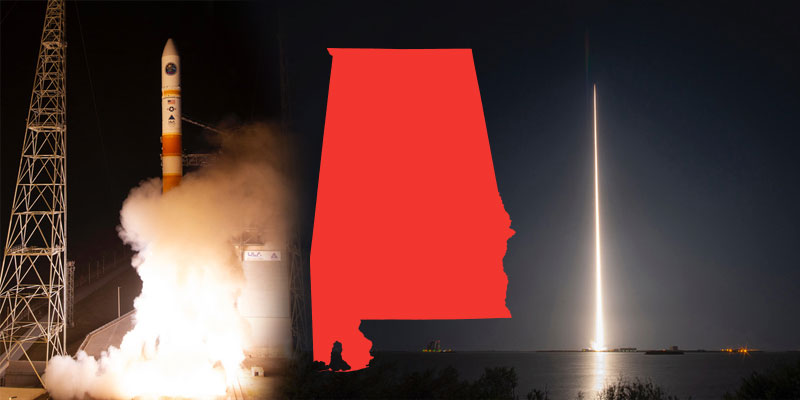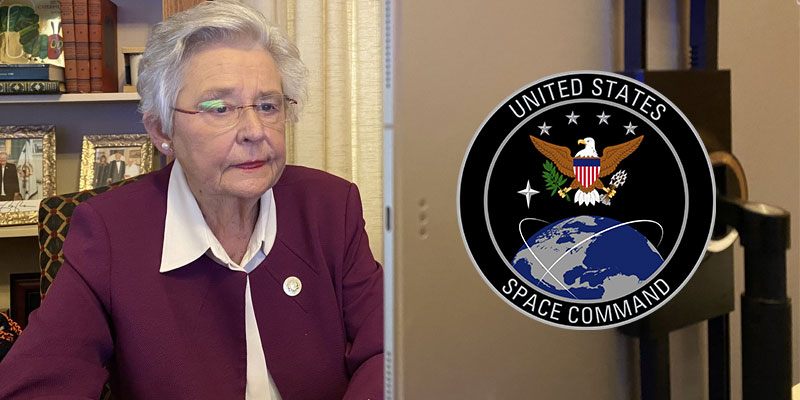Alabama’s aerospace industry looks to gain from the final version of the 2020 National Defense Authorization Act (NDAA) which the U.S. Senate plans to vote on early this week.
A previous version of the same bill in the U.S. House could have been a major setback for the state’s aerospace stakeholders.
As Yellowhammer News reported earlier this year, Rep. Adam Smith (D-WA), who chairs the House Armed Services Committee, had proposed to alter a critical national security space launch program through language in the NDAA. Smith’s proposal would have negatively impacted Alabama’s aerospace industry, which is heavily involved in the program.
However, the language Smith sought to include in the NDAA has been left out of the final version of the bill now in front of the Senate.
The Air Force program, called Launch Services Agreement (LSA), awarded three companies the opportunity to develop launch vehicles for use in national security space missions under public-private partnerships. Those companies chosen by the Air Force were Alabama rocket builder United Launch Alliance (ULA), Northrop Grumman and Blue Origin.
News of ULA’s award to carry national security payloads brought praise from Sen. Richard Shelby (R-AL) and others.
NASA’s Marshall Space Flight Center, Redstone Arsenal and numerous manufacturers and suppliers located in the Yellowhammer State have taken on an elevated role in the effort, as well.
An industry source has previously noted that maintaining the program’s original framework helps solidify the state’s position even further because of the amount of investments that members of its own industry have already made in the program.
Any suggestions for revising that framework have had some in the industry concerned that companies who fell behind, or were not willing to invest the necessary resources, could end up getting rewarded.
Smith’s proposed revisions in the House version of the NDAA had been characterized as a “SpaceX earmark,” referring to the California-based launch provider which was set to benefit from the proposed changes.
The senior Democrat’s controversial earmark would have created a $500 million fund for SpaceX to tap into to play catch-up on the development of a launch vehicle as it attempts to procure a contract with the Air Force in the next phase of the program.
The Air Force issued a memo outlining reasons why it opposes any changes to the process. Its chief concerns being that changes would not reward competition and would fail to meet national security needs.
The Senate is expected to vote Tuesday on final passage for the NDAA.
Tim Howe is an owner of Yellowhammer Multimedia













